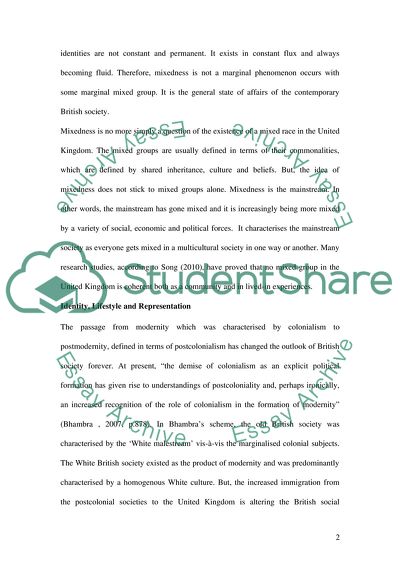Cite this document
(The Emergence of Mixedness in the United Kingdom Dissertation, n.d.)
The Emergence of Mixedness in the United Kingdom Dissertation. Retrieved from https://studentshare.org/social-science/1751019-what-does-mixed-mean-in-contemporary-britain-and-why
The Emergence of Mixedness in the United Kingdom Dissertation. Retrieved from https://studentshare.org/social-science/1751019-what-does-mixed-mean-in-contemporary-britain-and-why
(The Emergence of Mixedness in the United Kingdom Dissertation)
The Emergence of Mixedness in the United Kingdom Dissertation. https://studentshare.org/social-science/1751019-what-does-mixed-mean-in-contemporary-britain-and-why.
The Emergence of Mixedness in the United Kingdom Dissertation. https://studentshare.org/social-science/1751019-what-does-mixed-mean-in-contemporary-britain-and-why.
“The Emergence of Mixedness in the United Kingdom Dissertation”, n.d. https://studentshare.org/social-science/1751019-what-does-mixed-mean-in-contemporary-britain-and-why.


